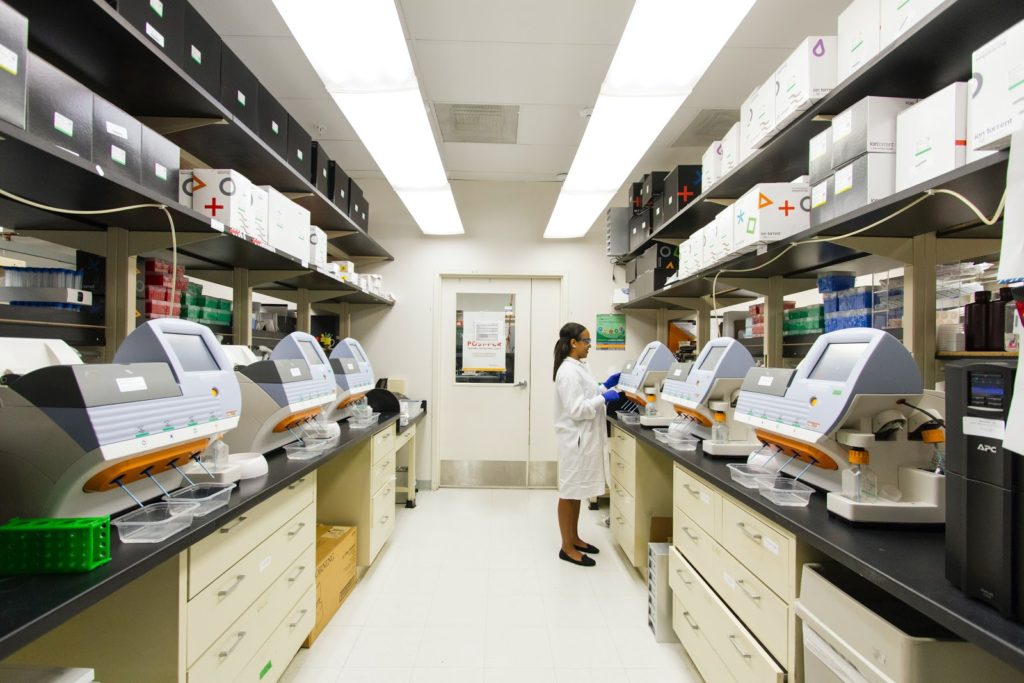Recently, Massachusetts Institute of Technology (MIT) scientist Adam Yala and his team developed an algorithm to detect cancer with improved accuracy.
Two years ago, the Computer Science and Artificial Intelligence Laboratory (CSAIL) at MIT and the Jameel Clinic (J-Clinic) had built a deep learning model to predict cancer risk using mammograms. But for real-life clinical adoption, the model needed algorithmic improvement and large-scale validation.
To that end, the research teams at MIT and other universities trained a model, ‘Mirai’, with over 200,000 exams by including more parameters for an inclusive clinical adoption and validated it across three hospitals in the US, Sweden, and Taiwan.
Here, we look at how Mirai works, AI applications being developed to predict or diagnose cancer, and how Mirai has helped improve cancer risk prediction.
How Does Mirai Work?
To improve the model’s accuracy, the team identified three innovations critical for risk modelling.
Risk modelling includes assessing risks at different time points, which can determine the preventive measures that need to be taken at different stages. This can provide insight into the risk of developing cancer at a time point compared to the other, which is not useful. Hence, scientists trained Mirai to have an ‘additive hazard layer’. This layer can predict a patient’s risk at a time point, let’s say four years, as an extension of the risk at a previous time point, say three years, instead of comparing two different time points. This can help the model learn to make self-consistent risk assessments even with variable amounts of follow-ups as inputs.
Secondly, the model includes non-image risk factors like age and hormonal variables but does not necessarily require them at the test time, since a trained network can extract this information from mammograms. Hence, this model can be adopted globally.
Lastly, standard training models do not work even with minor variations, such as a change in the mammography machine used. Mirai used an ‘adversarial’ scheme, to de-bias such models to learn from mammogram representations agnostic to the source clinical environment.
The researchers also conducted tests in hospitals across different countries and analysed their data for different races, ages, and breast density categories to facilitate the model’s adoption across geographies and demographics.
The study observed that the predictions made by the model were significantly more accurate than previous methods.
AI For Cancer Detection
A start-up in India, NIRAMAI, has developed a model using thermographic images with higher accuracies to diagnose breast abnormalities. Another Indian start-up, OncoSystem Diagnostics, has built a tool that uses machine learning techniques to predict relapse in breast cancer patients.
Convolution neural networks, a deep-learning method for image classification, are also being developed and deployed to classify skin cancer.
Pancreatic cancer is one of the leading causes of deaths in the world as it is mostly detected in later stages. The Henry Ford Cancer Institute improved the accuracy of pancreatic cancer detection by increasing the number of biomarkers to train AI models.
Another method to improve precision oncology was developed by Philips and Memorial Sloan Kettering Cancer Center using genome analysis methods and informatics approaches for diagnosing pancreatic cancer and aiding personalised therapeutics.
Recently, Microsoft has announced they could predict pancreatic cancer patterns by analysing clues in search patterns using text analysis of queries.
Amid the pandemic, an Indian start-up, Hospido, created an AI-enabled chatbot by consulting oncologists, to help them with diagnostics, among other things.
Going Forward
Screening plays an essential role in early diagnosis. Advancements like Mirai model, which improves the diagnostics accuracy by two times than the traditional models, can prove very useful and can help scale the clinical adoption, as these scientists further refine their model.


























